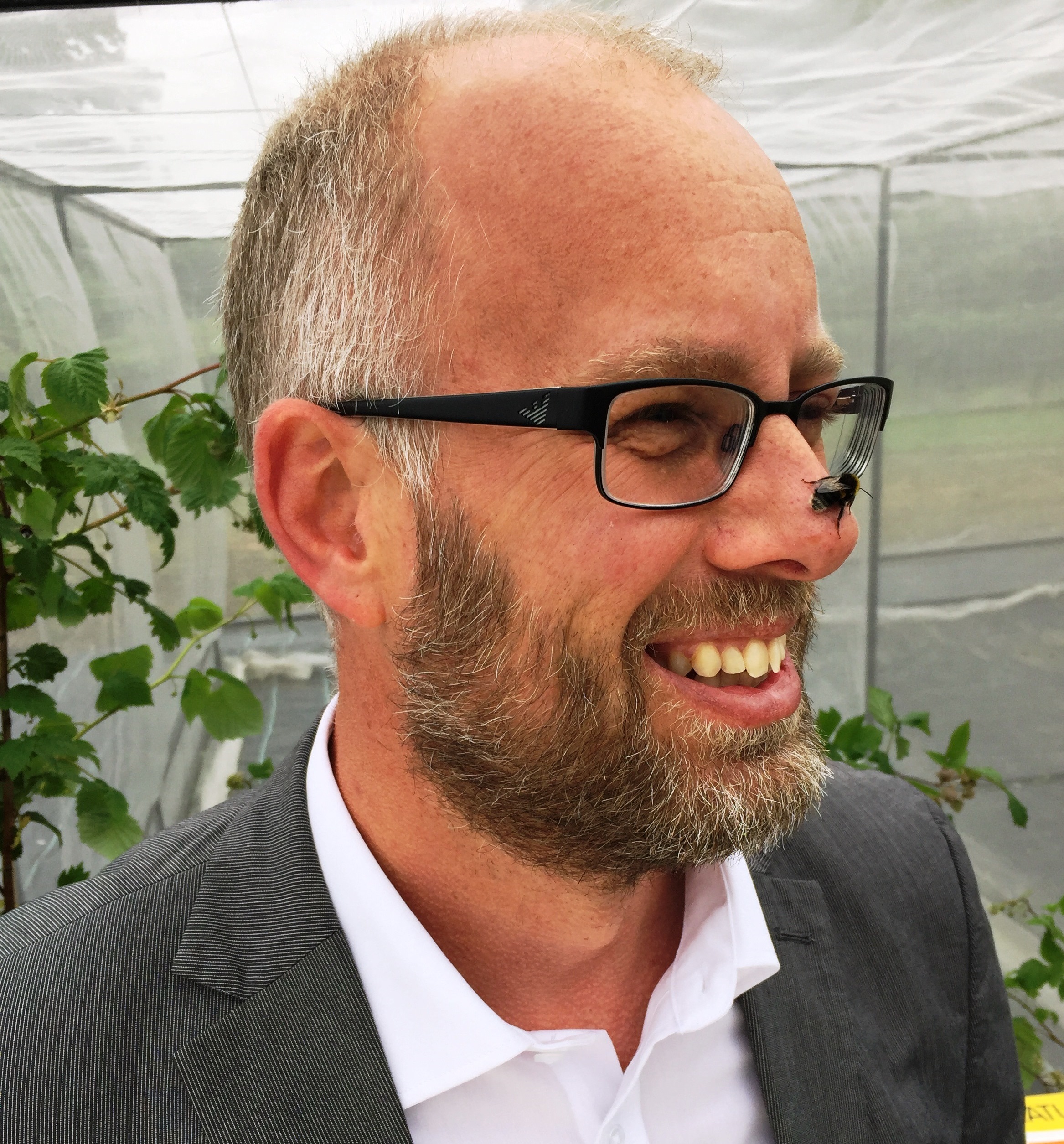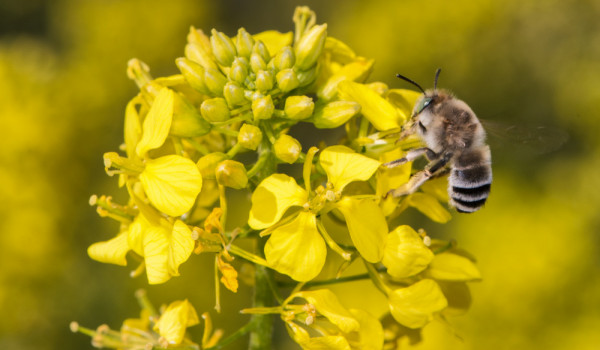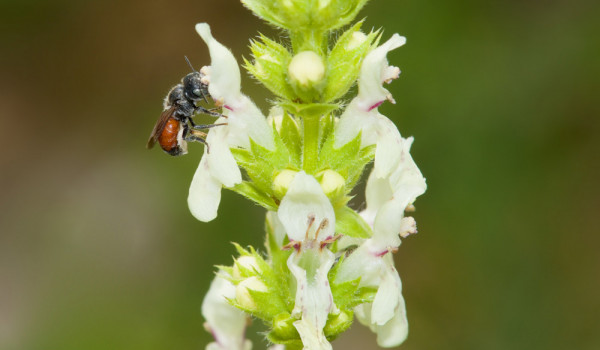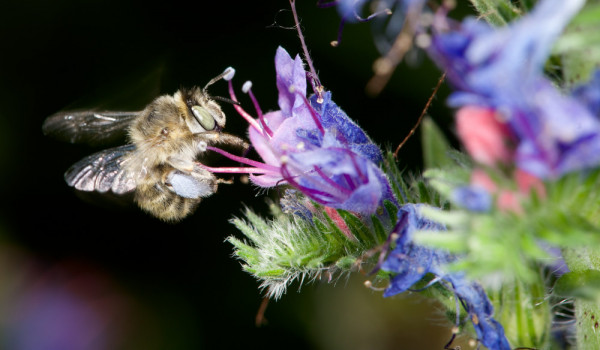IUCN SSC Wild Bee Specialist Group
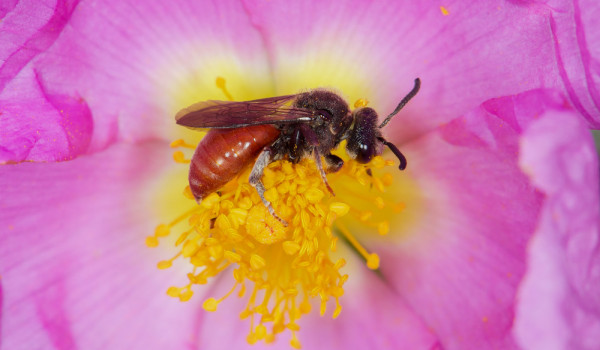
Overview and description
- Description:
-
There are more than 20,000 species of wild bees and declines have been reported in all regions around the world. The Wild Bee Specialist Group is assessing the extinction risks for wild bees and their ...
Group leadership
Prof Simon POTTS
More about the Specialist Group
The Wild Bee Specialist Group aims to foster the conservation of wild bees and their habitats around the world by promoting and strengthening regional and global networks of specialists, conducting assessments of their conservation status, raising awareness among the public and policymakers, and engaging in practical conservation actions at local, regional and global scale.
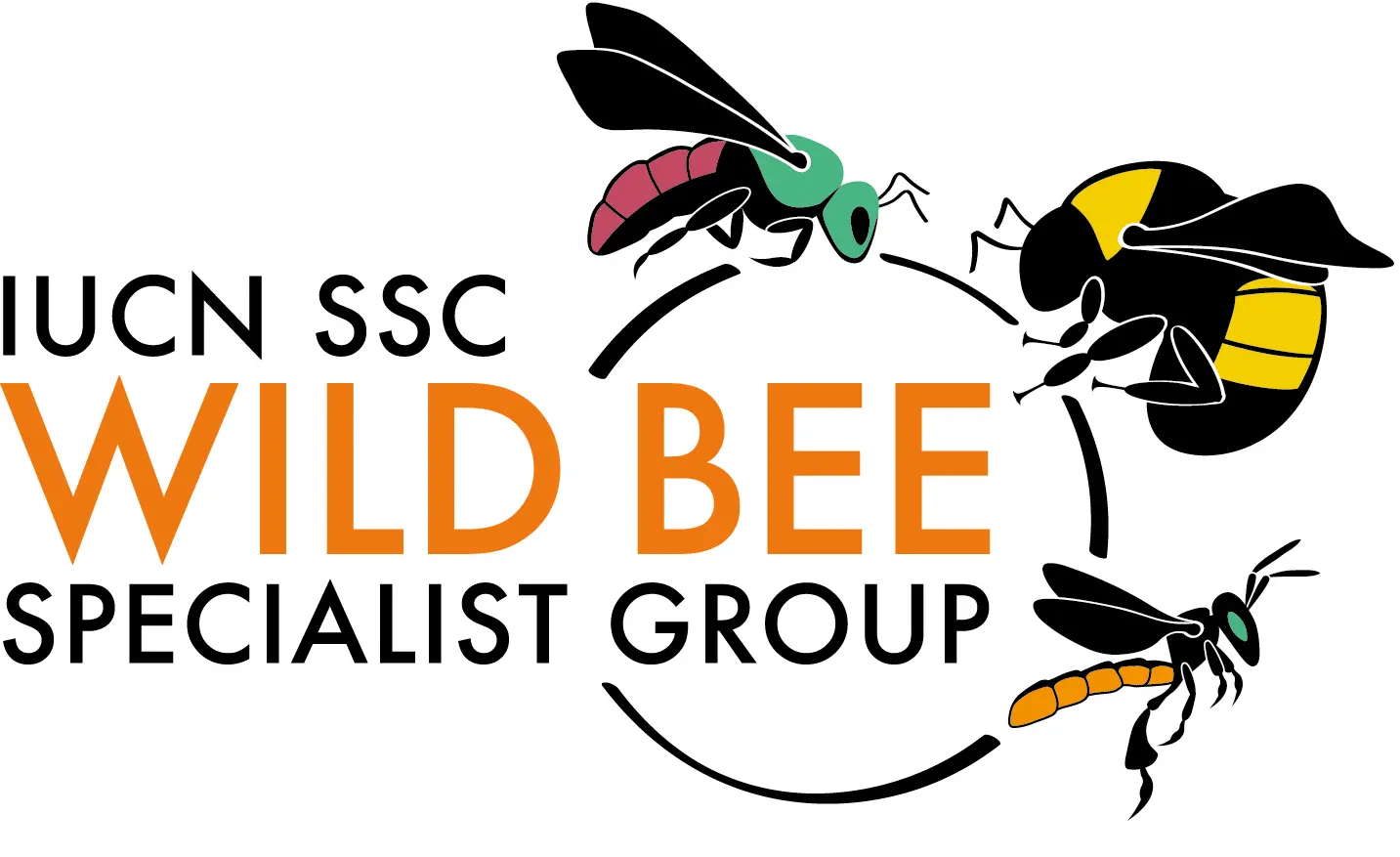
Specialist Group work
The Wild Bee Specialist Group aims to support the evaluation of the extinction risk of bee species worldwide using the IUCN Red List Criteria, and publish species profiles on the IUCN Red List, with assessments contributing to advances in species protection globally.
Conservation Assessments

Support Red List assessments of wild bee species with a focus on those under-represented regions.
WBSG on the IUCN Red List

To inform conservation efforts, WBSG assesses species for the IUCN Red List of Threatened Species.
WBSG Annual Report

Learn about WBSG’s work and results in 2022.

